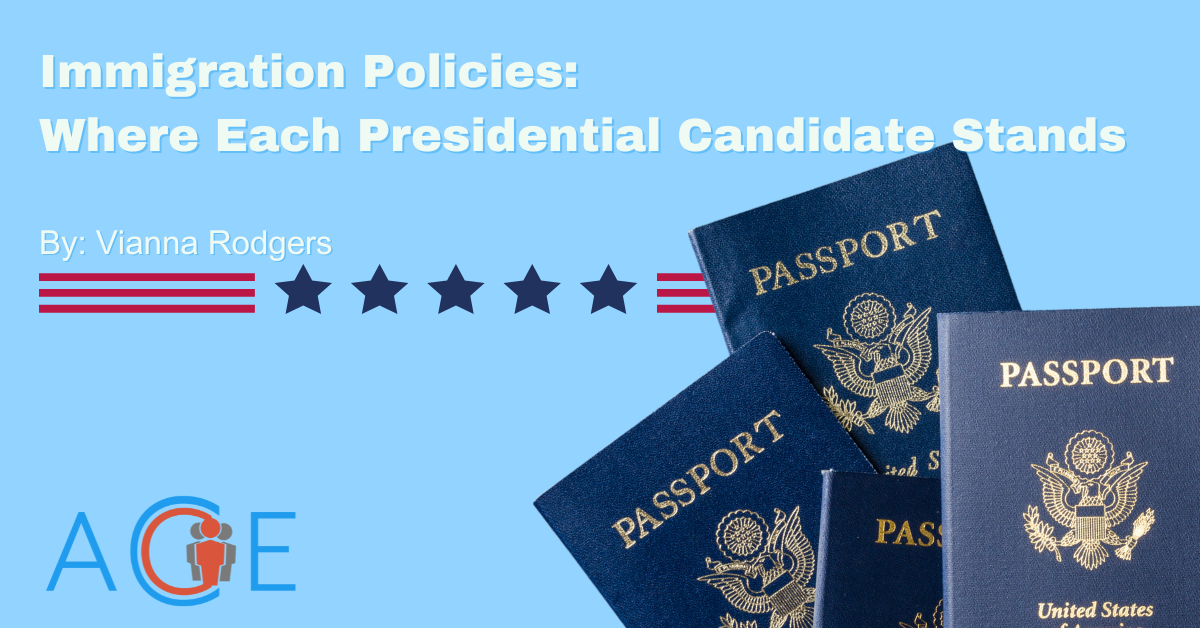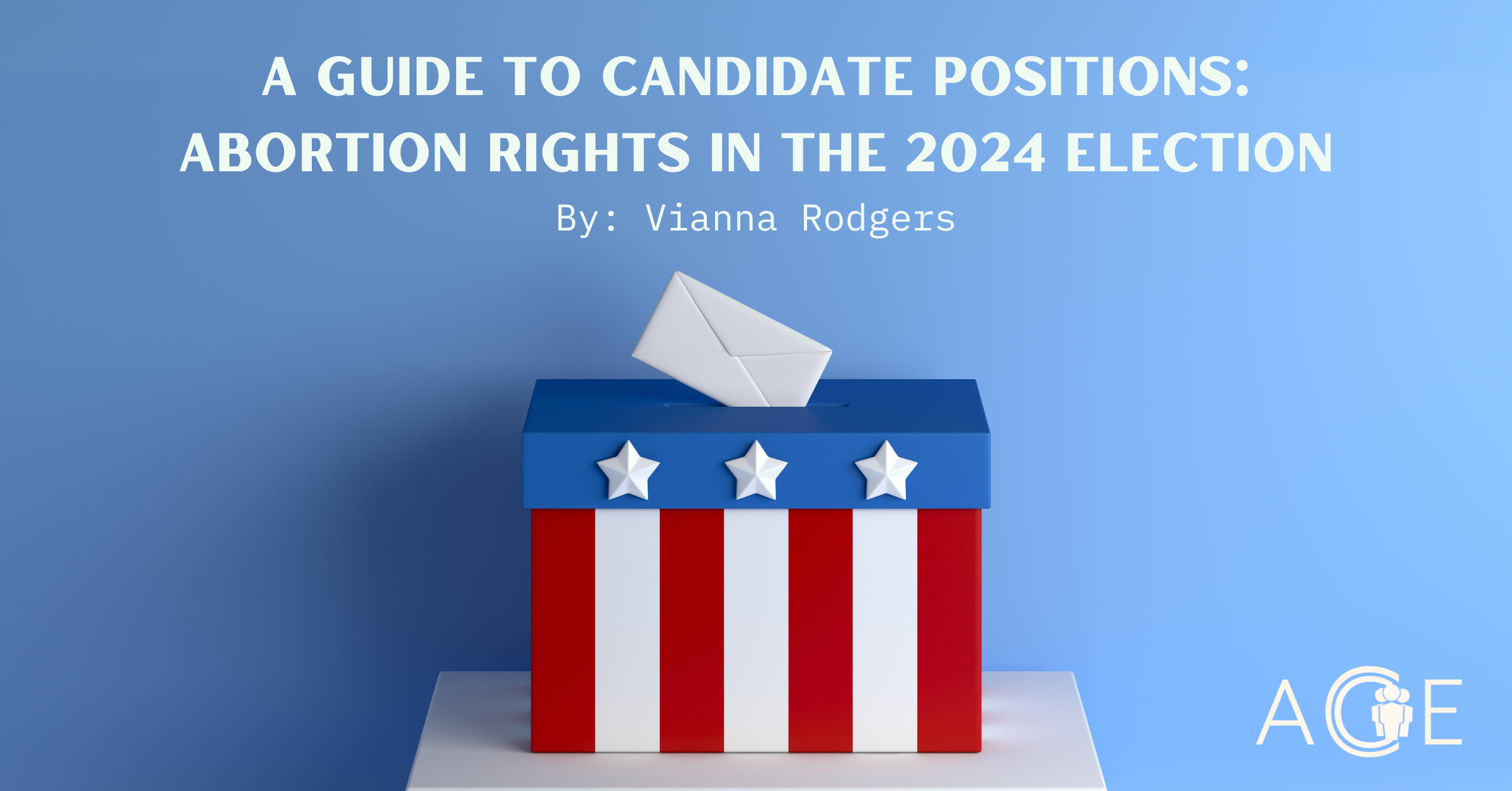Education remains a focal point in presidential elections, with costs, curriculum, access, and educational disparities emerging as significant concerns for voters. Republicans generally advocate for parental choice in education, emphasizing traditional values and are against student loan forgiveness. They often advocate for the inclusion of conservative values and principles in education and oppose certain progressive educational reforms. Conversely, Democrats typically prioritize equality and public investment in education, advocating for increased funding for public schools, efforts to reduce educational disparities, and lower costs for higher education. They also often advocate for approaches to address social issues within the education system, such as providing resources for low-income students and supporting teacher unions.
Robert F. Kennedy Jr.
Kennedy proposes promises to address the challenges of higher education, particularly the burden of student debt. He advocates for systemic reforms aimed at relieving the financial strain on students and improving the quality of education. His platform includes making college debt dischargeable in bankruptcy, allowing refinancing of student loans, and abolishing interest on student loans. Overall, Kennedy’s views prioritize relieving the financial burden on students, enhancing access to education, and aligning educational offerings with the evolving needs of the workforce.
Quotes:
“You know, I had a choice of where I was going to send my kids to school, just because I have resources and it, and all Americans should have that choice.“
“I will also take steps to reduce education costs for students. When I was their age, a college education cost about one-seventh of what it is today. A young person could work their way through college and graduate debt-free. If we devoted even a fraction of our military budget to higher education, it could be virtually free to all”
“We need to expand the concept of higher education to include the trades. Electricians, plumbers, mechanics, builders, paralegals, and technicians of all kinds are just as important to America’s prosperity as the laptop class. Maybe more important. They are what keep America working”
Jill Stein:
Stein has advocated for the elimination of student debt for all colleges and universities, arguing that if the federal government was able to intervene during the 2008 financial crisis, it should also assist students. She has endorsed tuition-free education for students attending public colleges and promises that as President she will erase all student loan debt, which is an estimated $1.3 trillion. Additionally, Stein calls for higher wages for teachers, an increase in federal funding for public schools, and to put an end to standardized testing.
Quotes:
“We will bail out millennials and others in student debt. We did it for the crooks on Wall Street – it’s about time to do it for the millennials and the generation held hostage in debt.”
“In general, high stakes testing is more than counterproductive–it is destructive. It is used as a political tool against teachers–targeting low-income and people of color. Our educational system should target lifetime learning–with full and equitable funding; and eliminating disparities by race”
“We will provide tuition-free higher education, since it’s comparable to a high school education in the 20th century – you need a higher education degree in the 21st century economy and it should be provided as a basic right.”
Cornel West:
West advocates for education reform aimed at achieving equity and justice. He emphasizes the need to prioritize public schools over charter schools, aiming to center public education while addressing disparities in resources between affluent and low-income areas. West proposes free tuition for state and community colleges, along with increasing the minimum wage for all public school teachers. He aims to tackle the school-to-prison pipeline by removing police and School Resource Officers from public schools. Additionally, West calls for the cancellation of all student loan debt and the reinstatement of fair admissions policies considering race, ethnicity, and class. He also seeks to abolish state laws that restrict the study of U.S. history accurately and advocates for increased federal funding for Historic Black Colleges and Universities and Tribal Colleges and Universities.
Quotes:
“End the nexus of quality education and tax base – there is no reason why a public school in Beverly Hills should be “better” than a public school in Lowndes County, Alabama”
“Minimum wage of $80,000 for all U.S. public school teachers K-12”
“Dismantle the school-to-prison pipeline by removing police and so-called School Resource Officers from all public schools”
Marianne Williamson:
Williamson’s views on education are grounded in the belief that education is a fundamental right and a cornerstone of democracy. She stresses the importance of providing quality education to all citizens, regardless of their socioeconomic background, as a means to empower individuals and strengthen society. Williamson criticizes the current education system for perpetuating inequality and calls for comprehensive reforms, including free tuition for public colleges and trade schools, the elimination of student loan interest, and the forgiveness of all student debt. She advocates for ending equity gaps in higher education, investing in teacher training and retention, and improving education infrastructure. Williamson also emphasizes the need for safety in schools, addressing concerns about gun violence and corporate influence on policy making. She proposes an administration’s education plan, called the “Whole Student Plan,” which aims to transform every public school in America into a hub of comprehensive learning, culture, and the arts.
Quotes:
“Tuition free access to higher education is a path to greater prosperity, and to self actualization. It is necessary for the functioning of a vital democracy”
“the U.S. must implement a “Whole Student Educational System” focused not only on a student’s intellectual performance and growth but also on developing a student’s cultural, emotional, and psychological well-being.”
“Every public school in America should be a palace of learning, culture, and the arts. These are the kinds of changes we should be thinking about for the post Covid era. We should massively front end our resources in the direction of childhood.”
“Students are too often burdened with school loans that hold them back from following their dreams. Forgiving all student debt will allow students to work in a career they love, launch a business, or buy a home”
Donald Trump:
Trump takes a conservative approach in regards to education as he strongly opposes all student loan forgiveness programs/ debt cancellation and liberal indoctrination in our education system.. His 2024 education policy plan advocates for slashing federal funding from educational institutions that incorporate critical race theory, gender ideology, or other racial, sexual, or political content into their curriculum. It further pledges to launch civil rights inquiries into school districts accused of race-based discrimination and promises to uphold the exclusion of men from women’s sports.
Quotes:
“Today, the Supreme Court also ruled that President Biden cannot wipe out hundreds of billions, perhaps trillions of dollars, in student loan debt, which would have been very unfair to the millions and millions of people who paid their debt through hard work and diligence; very unfair,”
“I said the other day I will bring back parental rights into our school system, and the place went crazy,” … as president, I’ll fight to expand that right to every single state in America.”
“Critical race theory, the 1619 Project, and the crusade against American history is toxic propaganda, ideological poison that, if not removed, will dissolve the civic bonds that tie us together. It will destroy our country,”
Joe Biden:
President Joe Biden has strongly advocated for public education, partnering with parents and educators to strengthen public schools and expand opportunities for all students from all communities. He has established gun violence prevention legislation in efforts to keep schools safe and advocates for increasing teacher wages. Biden has also taken measures to expand access to higher education by expanding and providing student loan relief. The Biden Administration has launched the SAVE Plan (Saving on a Valuable Education), an income-driven repayment plan that calculates payments based on a borrower’s income and family size, instead of their loan balance.
Quotes:
“I’ve directed my team to develop a plan to forgive federal student debt relating to the cost of tuition currently held by low-income and middle-class people for undergraduate public colleges and universities, as well as private Historically Black Colleges and Universities (HBCUs) and private, underfunded Minority-Serving Institution (MSIs).”
“Community college should be we free and we can afford it,”
“Education is a ticket to a better life.”
“I made a commitment that we’d provide student debt relief. And I’m honoring that commitment today. Using the authority Congress granted the Department of Education, we will forgive $10,000 in outstanding federal student loans.”

